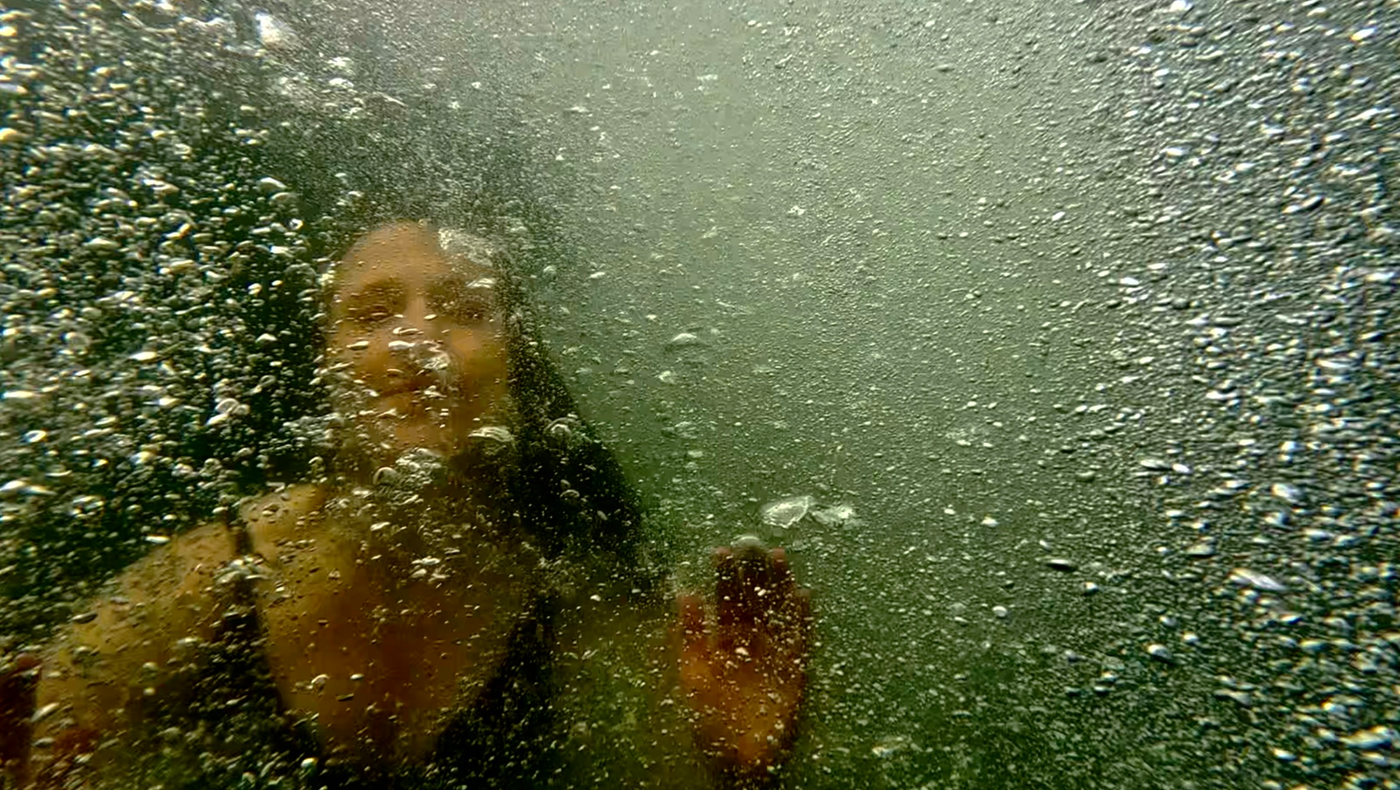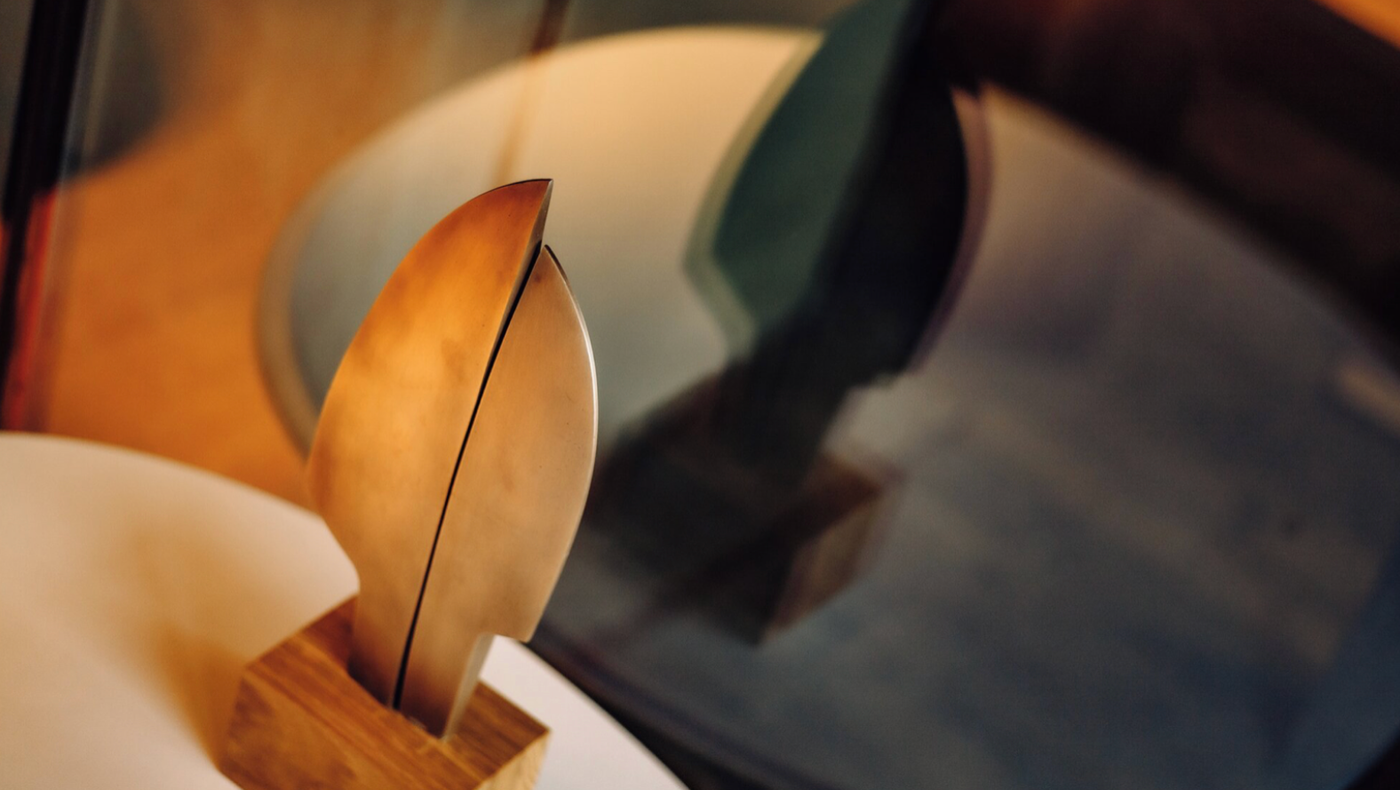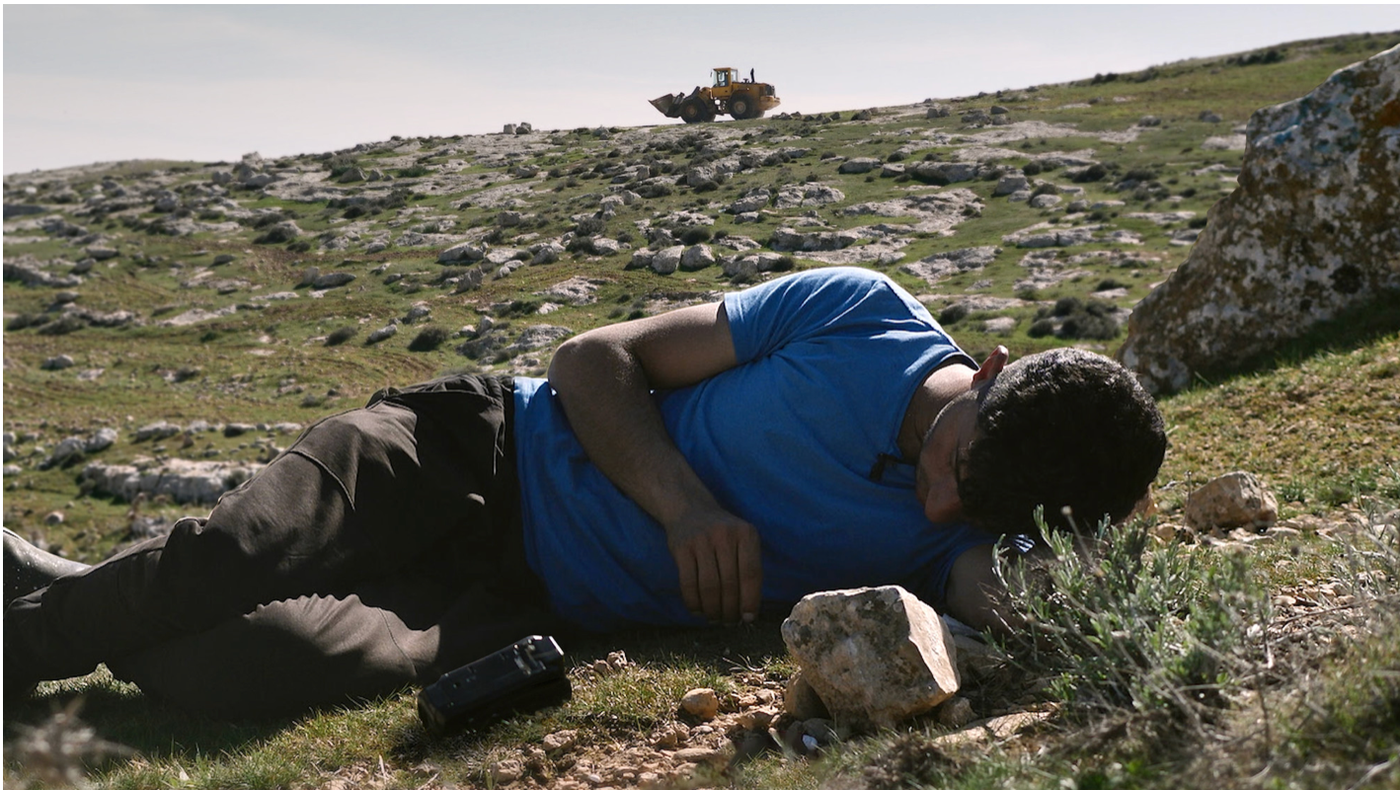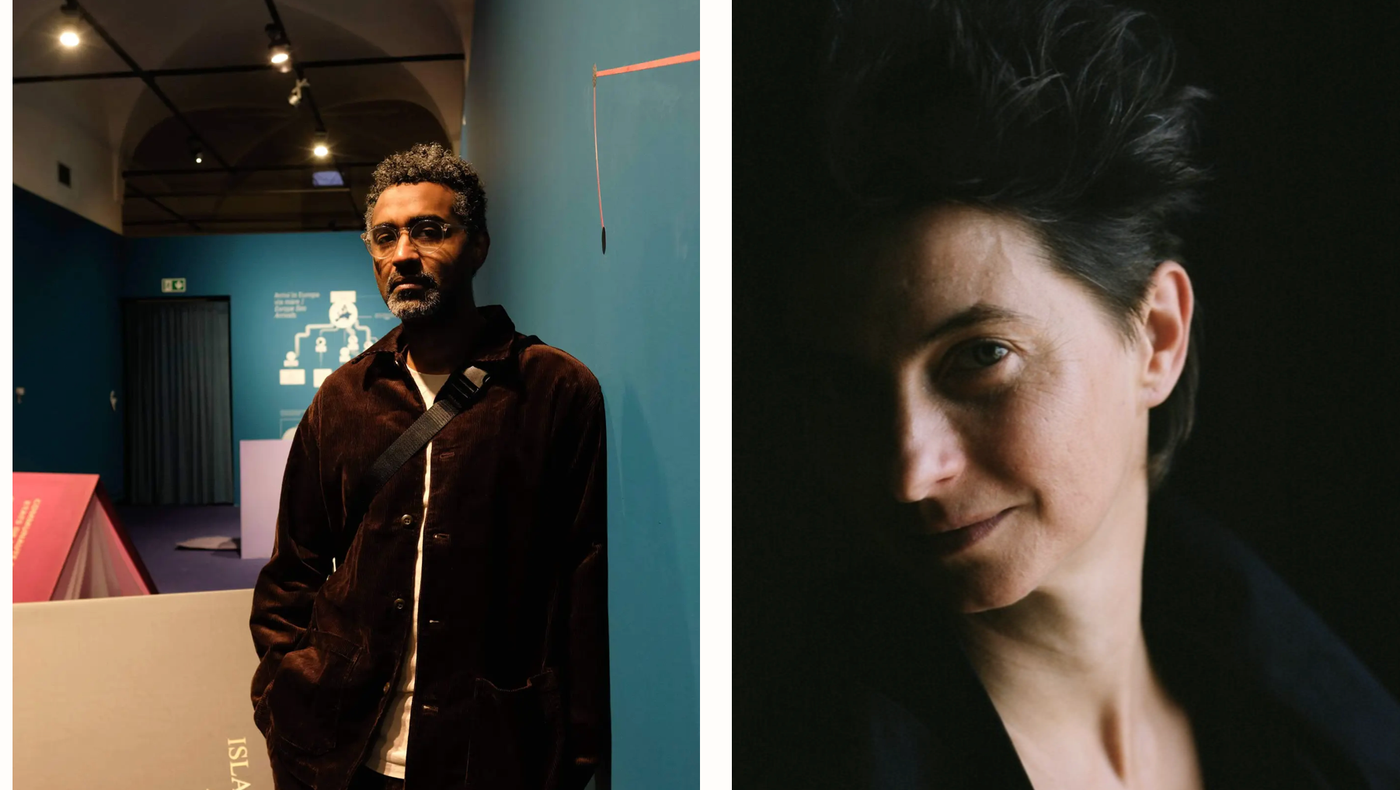Classics of Journalism: Bergen and Norway
The Fritt Ord Foundation and the Department of Information Science and Media Studies, University of Bergen invite the public to lectures at the House of Literature in Bergen.
Journalism is in flux. The profession is under pressure. What is journalism, actually? What has it been? What can it be? It is high time to turn our attention to the classics of Norwegian journalism in general and journalism in the city of Bergen in particular.
Meet journalistic globetrotters, shapers of public opinion, originals, spiritual nobility and divinely gifted stylists.
The events are free of charge and open to the public.
Next lecture:
Monday, 18 November, 7.00-8.30 p.m.
STYLE AND WIT
SVEN ELVESTAD (1884-1934), GUNNAR LARSEN (1900-1958) AND PER HÅLAND (1919-1999)
Lectures by Bernt Roughtvedt, Gudleiv Forr and Olav Kobbeltveit
He was a crime writer and a fascist, as well as a distinctive literary reporter. Svein Elvestad was a poet consumed by angst and a restless scribbling reporter.
Gunnar Larsen was one of the grand old men of the Dagblad-style. Discerning author and news man.
“Why are people from Oslo so stupid?” Per Håland posed the question while he worked for the newspaper Verdens Gang. In another Oslo newspaper, he was called “pompous” and was asked to go home to the capital of self-righteousness. Hear about the legendary “Golden Per”.
Previous lectures lectures:
Monday, 16 September from 7.00-8.30 p.m.
THE WORLD OUT THERE
ANTON MOHR (1890-1968), ALBERT HENRIK MOHN (1918-1999) AND TOMAS TORSVIK (1919-1996)
Lectures by Erik Rudeng, Are John Knudsen and Kjartan Rødland
Introduction: Choosing their role models, with Martin Eide
They were globetrotters, feature writers with stories from other countries and natives of Bergen. They were communicators in times of turmoil. They were fascinating storytellers in war and peace. They were citizens of the world sitting behind typewriters.
Mohn wrote more than 50 books about a world in flux, submitting countless eye witness reports from the Middle East. Mohr wrote nearly 30 books, travelled the world over, and submitted 1300 articles to the newspaper Aftenposten. Torsvik returned home from England in 1945, became a foreign affairs editor in Bergens Tidende, and provided realistic journalism to an attentive audience.
Monday, 23 September, 7.00-8.30 p.m.
THE PREHISTORY HERE AT HOME:
BERGEN IN THE EARLY YEARS
HILDEBRANDT MEYER (1723-1785), CLAUS FASTING (1746-1791), BERNT BØRRETZEN (1762-1817), BIRGITHE KÜHLE (1762-1832) AND VALBORG PLATHOU (1839-1928)
Lectures by Eivind Tjønneland, Aina Nøding and Mona Ringvej
They made an echo from the great big world resound all over a small country. They were advocates of a European culture of enlightenment. They printed articles about the human eye and the nature of twilight. They contributed to multi-faceted freedom of information. They exercised editorial power. They put the periphery at the centre. This session is about some of the pioneers of Norwegian journalism, including Den Kritiske Tilskuer (The Critical Spectator), Den snaksomme Bergenser (The talkative native of Bergen) and Den Bergenske Borger-Ven (The Bergen Citizens’ Herald).
Monday, 7 October, 7.00-8.30 p.m.
POLITICS AND CURRENT EVENTS
CHR. FRIELE (1821-1899), ESTHER JOHANNESSEN (1900-1968) AND PER BRATLAND (1907-1988)
Lectures by Martin Eide, Einar Eriksen and Olav Terje Bergo
Sharp tongue and wicked pen. Editor in a top hat. Powerful player. Chr. Friele was called the arbiter of public opinion.
She represented a proud tradition of women in social reporting who are critical of the power structure. Esther Johannessen’s journalism was warm, matter-of-fact and compassionate.
“It was the most capable who came to Bergen,” wrote Per Bratland. He came from the weekly magazine Aktuell and Arbeiderbladet, to Bergens Arbeiderblad, and specialised in popular social democratic journalism.
Monday, 21 October, 7.00-8.30 p.m.
GOD AND EVERYONE
LARS OFTEDAL (1877-1932), ALEXANDER KIELLAND (1849-1906) AND ARTHUR BERG (1916-1998)
Lectures by Svein Egil Omdal and Svein Brurås
“The paper was a scandal sheet – edited by a scandalous man,” wrote Berge Furre about Lars Oftedal and Stavanger Aftenblad. He had “God in the one pocket and the city in the other,” wrote Alexander Kielland about Oftedal. The response back to the poet was that his talent was exhausted and destroyed. It should have been about biting exposure journalism and well-calculated polemics.
“A Norwegian press without Arthur Berg would have been like a symphony orchestra without cymbals,” writes his biographer. “One must occasionally ask where one would have to go to find anything more oversimplified and standardised than the balanced press in Norway,” wrote Berg.
Monday, 4 November, 7.00-8.30 p.m.
WAR AND BATTLE
NORDAHL GRIEG (1902-1943) AND RAGNAR ULSTEIN (1920-)
Lectures by Gudmund Skjeldal and Kjartan Rødland
He was a reporter who believed in the principle of first-hand knowledge. Nordahl Grieg became a poet in a bomber plane. “Young must the world yet be.”
A journalist with a strong sense of reality, Ragnar Ulstein was a classic war correspondent and general reporter.
Monday, 11 November, 7.00-8.30 p.m.
JOURNALISTS IN LITERATURE – AND OUTSIDE IT
Frode Grytten on rogue writers in the back streets and in books. About stories and reports: from the dirty reality. About journalists and investigators. About cases that must be solved.




